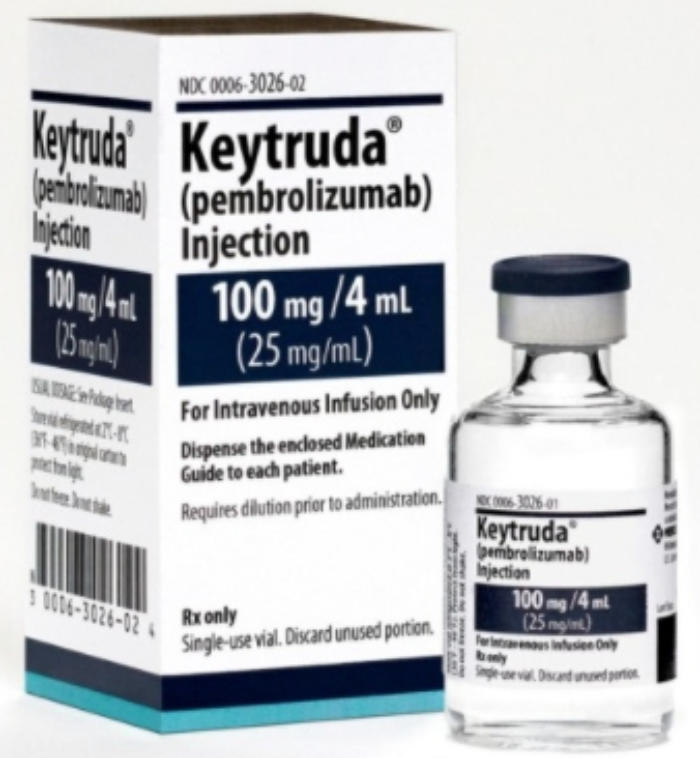The unfunded immunotherapy drug Keytruda, currently used to treat some bowel cancer patients in New Zealand, is the first drug to add additional indications for bowel cancer patients registered on the Australian Register of Therapeutic Goods via the Australian Therapeutics Good’s Administration.
This means that studies have shown bowel cancer patients with tumours that have certain types of mutation ( deficient mismatch repair- ie Lynch Syndrome ) would benefit from this drug and the Australian regulator has acknowledged it.
This is provisional as more clinical data will need to be analysed to prove its efficacy over time from the pharmaceutical company Merck Sharpe & Dohme (MSD) that make the drug.
Bowel Cancer Foundation Trust's CEO Georgina Mason welcomes the news.
"We have been helping a number of New Zealand patients get on to the Keytruda Cost Share Programme with Merck Sharp & Dohme for years so we are very excited by this news."
"Hopefully this will bring us a step closer to the New Zealand regulators Medsafe acknowledging its benefits to a number of Bowel cancer patients here in New Zealand and find its way on to Pharmacy list of approved drugs so patients do not have to co-fund their own treatment anymore," She said.
It can cost New Zealand patients over $60,000 (NZD) to pay for the first 9 rounds of injections which are administered 3 weeks apart and MSD then takes over the payments for up to two years where it is deemed the drug should have worked sufficiently to reduce tumours and the patient remains stable or presents with no evidence of disease.
Because Keytruda is unfunded in New Zealand, The Ministry of Health has directed that public hospitals are not to administer this drug and it can only be done so in a private hospital setting.
This directive adds another $27,000 on top of the $60,000 which pays for the administration, scans, oncologist fees and gst for the private hospital.

